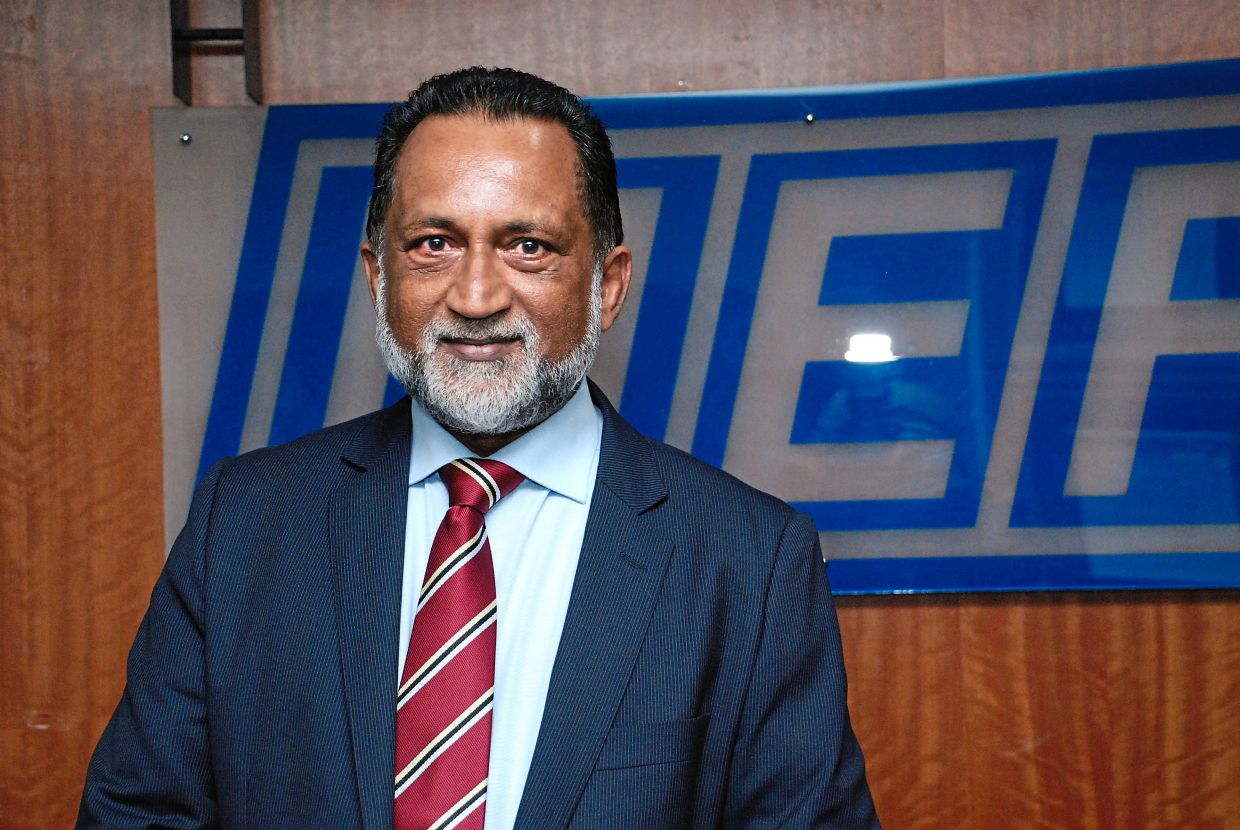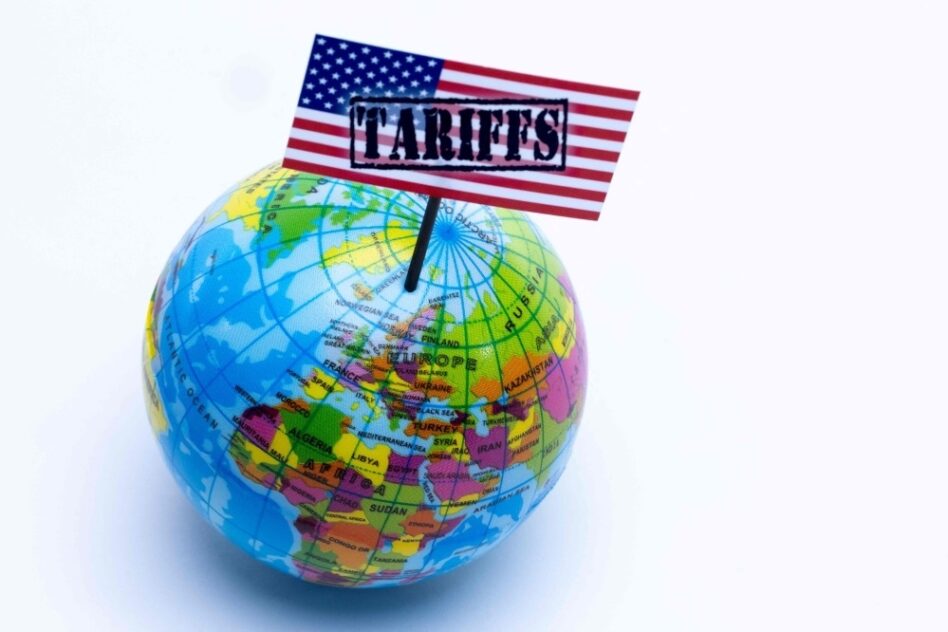RISING insurance premiums are likely to negatively impact the overall cost structure and financial health of businesses, particularly affecting operations and sustainability, warned the Malaysian Employers Federation (MEF).
This is following recent news reports that insurance providers are seeking to increase insurance premiums by a whopping 40% to 78%.
MEF president Datuk Dr Syed Hussain Syed Husman said such a steep hike in insurance premiums will pose various challenges especially to the micro, small and medium enterprises (MSMEs) that typically operate on tight budgets.
“This escalation in costs may significantly constrain their working capital, leading to tighter cash flows. Consequently, these financial pressures might hinder their ability to invest in essential areas such as digitalisation, new technologies and operational expansions,” he said.
“To manage these higher insurance premiums expenses, businesses may be compelled to raise prices of their products and services. Thess price adjustments could erode their competitive edge as higher prices may drive away customers and reduce market shares.
“Moreover, if many businesses pass on increased costs to consumers, this could contribute to broader economic inflation, affecting the general price levels within the economy and decreasing purchasing power of consumers.”
Syed Hussain warned that rising insurance premiums may compel businesses to reconsider the extent of fringe benefits they offer to their employees, particularly health insurance and other similar perks.
“To mitigate increased costs, some employers may reduce their insurance coverage levels, leading to less comprehensive health benefits for employees,” he added.
“Adjustment in benefits may have several implications on employee retention, workforce morale, productivity and competitiveness.”
Calling on Bank Negara Malaysia (BNM) and the government to address this issue, Syed Hussain further noted MSMEs will not be able to afford such increase in insurance premiums.
“MEF is worried that if the steep increase in insurance premiums is not addressed satisfactorily, many employers will have to relook at medical benefits insurance coverage to employees,” he elaborated.
“From the employers’ perspective, many employers have provided resources and support systems to enhance employee wellbeing.
“These initiatives could be part of a strategic approach to mitigate rising insurance premiums by enhancing overall employee health, which can lead to fewer medical claims and subsequently more stable insurance costs.”

Government initiatives
Syed Hussain went on to express support for the launch of the “Rakan KKM” programme, where under the partnership between government-linked investment companies and the Health Ministry, patients will be able to access additional facilities at minimal costs.
“MEF supports the government’s initiatives to consider revisions to Schedule 13 of the Private Healthcare Facilities and Services Act, focusing particularly on consultant fees,” he added.
“MEF also applauds Bank Negara Malaysia’s directive for insurance and takaful operators to reevaluate their pricing strategies for medical and health insurance and takaful products.
“This includes a structured approach to moderating premium/contribution increases over time, taking into consideration the financial impact on policyholders and takaful participants.”
Syed Hussain further noted that household health expenditures in Malaysia accounted for about 34% through out-of-pocket payments, which was higher than Singapore (30.1%) and OECD countries (13.9%) in 2019.
These reflect the demand for private healthcare instead of the heavily congested public health sector, motivating the drive for private healthcare insurance (PHI) ownership. Despite these, PHI coverage in Malaysia remains considerably low.
Citing data from the National Health Morbidity Survey 2019, Syed Hussain noted that 14.3% of the Malaysian population owns individual-purchased PHI, and 14.6% own employer-sponsored health insurance (ESHI), with others holding both types of health insurance (7.3%), while 63.7% of the population remains uninsured.
“MEF is of the view that the cost of medical health insurance should be made more affordable so that both individuals and employers will be encouraged to take such insurance coverage,” he disclosed.
“Higher insurance premium cost will make some existing policy holders review their policy and some may even drop off (their policies) due to higher cost constraints.” – Dec 16, 2024









